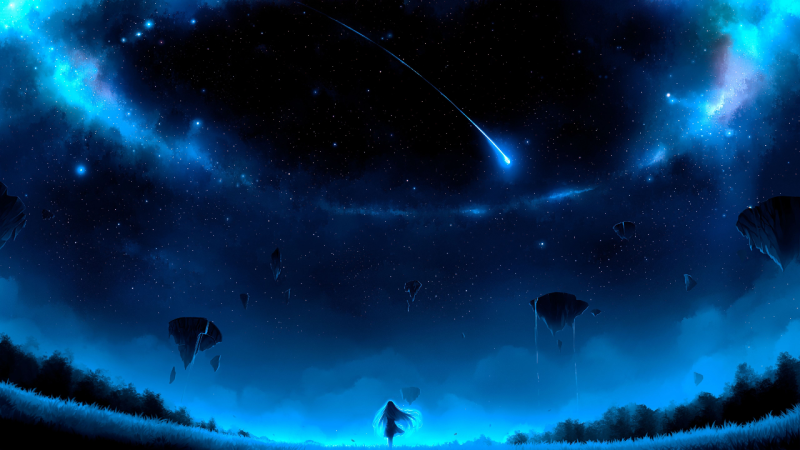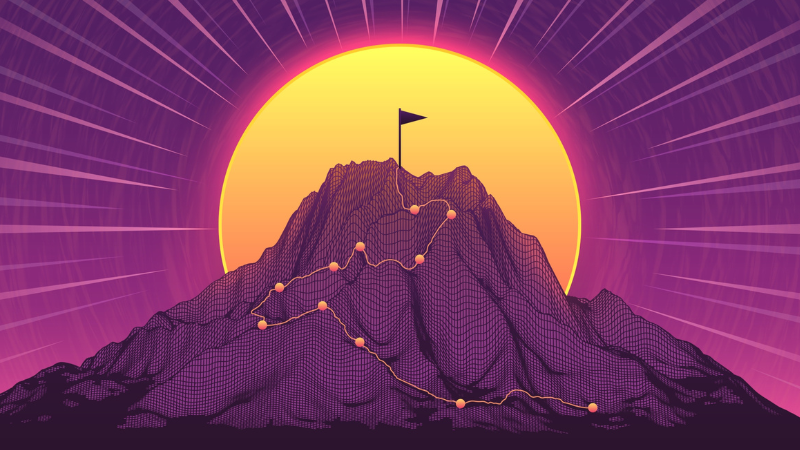The Growing Integration of the Games Industry, or, Why the Free Hand of the Market isn’t Working

By Karl Zimmerman | January 18th, 2022 | Categories: Featured
An Underregulated Industry
As the entertainment industry grows and the amount of capital available multiplies, by an order of magnitude, year-on-year, the risk of consolidation and toxic business practices grows. Legislative regulation of the gaming industry has been exclusively targeted on a so-called morality basis, limiting the amount of violence or pornographic material that can be shown on-screen, largely as a result of Columbine. This focus means that anti-trust or consumer regulation has, in effect, not existed.
In the United States, video games have been and remain an unregulated paradise where business practices are concerned.
Consider this: the gambling industry has a market value of $59 billion dollars, while the video games industry has a far higher value of $90 billion. Yet gambling operations must obey labyrinthian regulations insofar as mergers, competitiveness, monetization, and business practices are concerned. Various gaming commissions issue diktats from odds on slot machines, the weight of dice, the manufacturing standards of poker cards, and so on and so forth.
It is impossible to find comparable oversight in the video games industry.
Why the Activision-Blizzard Acquisition is Problematic
Even excluding the ways many games openly copy gambling monetization practices, a problematic trend emerges. Microsoft is increasingly engaging in what’s called vertical integration, where a company acquires wholesale operations either up or down the supply chain. This is far more problematic than horizontal integration – think the Activision-Blizard merger – because consolidation of this type denies the use of that part of the supply chain to competitors.
Microsoft Games functions as a console manufacturer and gaming service provider, first and foremost, they differ from a traditional publisher in the sense that they also control an avenue through which consumers can play games.
The purchase of a publishing behemoth like Activision-Blizzard seems blatantly problematic to many people but they can’t put their finger on precisely why, so let me give a cross-industry example.
Consider an acquisition where Apple purchased Verizon. They not only acquire exclusivity over Verizon’s entire service network and 5G infrastructure, denying them to competitors, but also acquire Verizon’s storefronts, backend infrastructure, and consumer base. In such a hypothetical, how could Samsung, Huawei, or any mobile manufacturer hope to compete in the US telecommunications market going forward?
Even if Apple solemnly promised open and free access to all. I’d take a few grains of salt with that.
And, after all, Phil Spencer is famously anti-exclusivity in gaming:
I find it completely counter to what gaming is about to say that part of that is to lock people away from being able to experience those games. Or to force someone to buy my specific device on the day that I want them to go buy it, in order to partake in what gaming is about.
GamesIndustry
Instead of producing platform-specific games, Microsoft is now opting to purchase entire portions of the supply chain. These Rockerfellian business practices have a certain appeal.
“I can’t wait to play Spyro on Xbox,” or, “Maybe WoW will come to Game Pass.”
But this is a short-sighted and dangerous reaction. Microsoft Games is now throwing the entire financial weight of their parent company behind wholesale vertical integration.
Content is King
Monopolies no longer function like they did in the late 19th century. A company doesn’t have to own an entire supply chain, from petroleum drill to gas station, to lock down a consumer market. Content is king in entertainment and so long as a monopolized funnel exists – Call of Duty, Elder Scrolls, WoW – the effect is startlingly similar.
Of course, this effect happens in gradients. Elder Scrolls being a privileged asset of Xbox does not a monopoly make, nor Call of Duty, World of Warcraft, or Overwatch. But as consolidation increases and the content funnel widens, something very similar in function to a monopoly emerges. How do you compete against a content service when the provider controls half of the market?
We are seeing the beginning, or the end of the beginning, of the Great Gaming Partition. Much in the way that the promise of streaming television and movies didn’t deliver a consumer-friendly haven of open content, nor will increasing publisher control of content funnels bring any good to the average consumer. On aggregate, when market consolidation like this happens, consumers, as a whole, lose access to products, prices increase, market segregation entrenches and one or two big entities end up divvying up entire industries.
All this is to say that the gaming industry is woefully underregulated. Legislature hasn’t even begun to, let alone successfully, tackle the issue of predatory monetization practices in games targeting children, which is politically simple, let alone broader business practices.
Early reports are that this acquisition will undergo anti-trust scrutiny. And all I can say is: about damn time the regulators took the business side of gaming seriously.















No videogames aren’t harmless, modern games are literally spying on you and collecting all your data and you’ve been rudely dispossessed by client-server back ended games.
Games have literally been stolen trivially on industrial scales from the entire planet. For the first time in history, game companies don’t have to give you the complete set of files for a game, OS or application because programs can be split into two and run between two or more machines in a network.
That’s why modern games are “disappearing”, the absurdity is every “f2p/mmo/drm” game is still giving you the complete set of files, textures models for the game. So why not just get the whole thing? Because gamers have been morons since 1997 when Ultima online was released which changed the entire direction of gaming, which lead to steam in 2003.
There didn’t used to be steam/launchers/drm or in game mtx or gambling. The masses brought that with their love of buying software they don’t own or control while being ruthlessly dispossessed.
The gambling industry is heavily regulated not because of its size but because of the harm caused by gambling. The same applies to alcohol, tobacco, and other drugs.
Video games are harmless; gambling isn’t, and it causes people harm.
In fact, the worst part of the video games industry is where it crosses over with gambling.
Regulation is, generally speaking, a bad thing unless there is an actual harm being prevented. You don’t regulate things for the sake of regulating them, you regulate them to benefit the public.
The thing is, there’s not much of a concern with any acquisition that has happened thus far. The big three – Nintendo, Sony, and Microsoft – are still the big three. If one of those tried to buy or merge with another, yeah, there’d be concerns. I’d also be concerned if they tried to buy Epic or Valve, because those also serve as basically pseudo-consoles via their game distribution platforms.
But individual game makers are not really in short supply. ABK makes like 1-3 games a year – last year, they released ONE new game. One!
It’s really hard to see how this significantly damages consumer choice when thousands of games come out each year.
Sure, ABK makes up a few percent of all video game sales… but, again, it’s hard to see that really tipping things over the edge?
Maybe if they tried to buy EA as well now, it might be an issue, because then they’d have bought up both Battlefield AND Call of Duty, which eliminates competition in the competitive online FPS genre and might conceivably reduce player choice.
But it’s hard to see how this is actually genuinely problematic.
Honestly I would have been more concerned about them buying EA, as EA actually makes games. ActiBlizz is a very narrowly focused company that is, frankly, really inefficient.